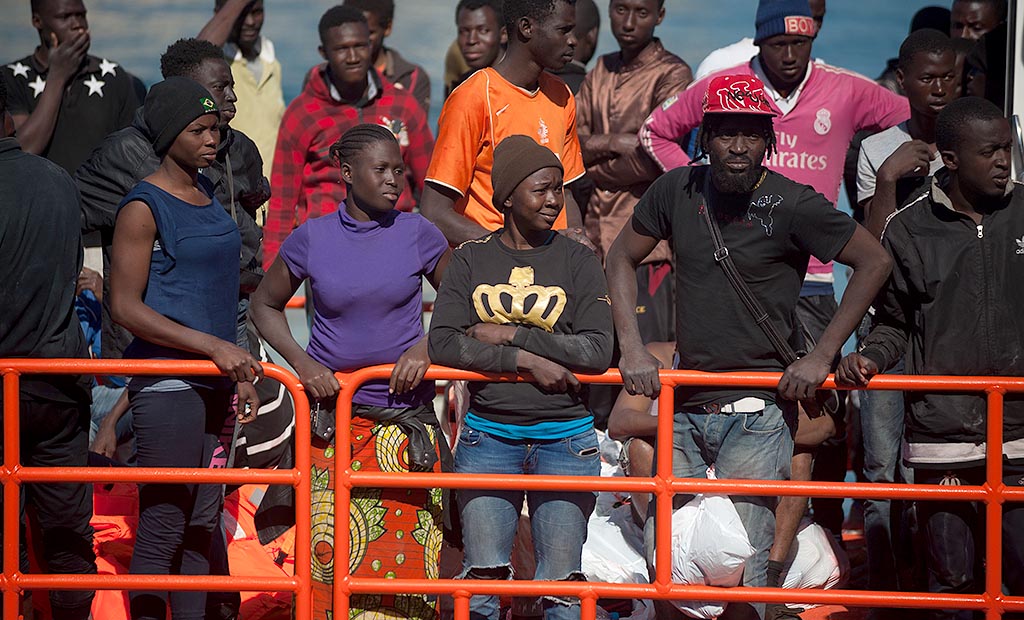By: V4 Agency
Frontex’s support in fighting illegal immigration is not sufficiently effective, according to the European Court of Auditors.
Frontex, Europe’s Border and Coast Guard Agency, was established in 2004, and since then its powers – along with its financial resources – have been progressively expanded. In 2006, Frontex functioned from a budget of 19 million euros, compared to more than 490 million euros last year. Despite this fact, the European Court of Auditors (ECA) found that “Frontex’s support for Member States/Schengen associated countries in fighting against illegal immigration and cross-border crime is not sufficiently effective”.
The report of more than 50 pages highlights that “To fulfil its new mandate, Frontex will have 10 000 new operational officers at its disposal by 2027 (standing corps), and will receive an average budget of 900 million euros per year.”
According to the EUobserver, Frontext spent a total of 2.1 million euros on events, dinners and upmarket restaurants. These findings have led the European Parliament’s Committee on Civil Liberties, Justice and Home Affairs (LIBE) to set up a new working group made up of fourteen MEPs. The group’s aim is to put Frontex under scrutiny in terms of its operation and activities, as well as its respect for fundamental rights, as the agency has allegedly acted violently against migrants.
According to the EU auditors, the agency’s budget has so far been determined without concrete criteria, which made it impossible to assess Frontex’s real needs.
“I think the main issue was that Frontex was… biting off more than it could chew in the sense… They went through many changes too fast and now they are paying the price for this.” ECA’ s Leo Brincat, currently in charge of the report, said.
The ECA published its findings after Frontex received some heavy criticism from the media for its inefficient border protection efforts.
The tasks of the agency have been greatly expanded over the past few years. The European Commission is planning to give Frontex a larger role in the pushback of illegal migrants without valid residence permits, a plan which is also supported by Mediterranean countries.

